What is upsell?
Find out everything you need to know today
Brief Summary
Upsell means encouraging a customer to buy a more expensive or upgraded version of a product or service they are already interested in purchasing.
In sales and marketing, there is a term called upsell. Upsell stands for encouraging existing customers into purchasing additional products/services that you’re offering or to encourage them to upgrade to a newer version of their existing products/services.
The upsell marketing strategy focuses on existing customers instead of selling products/services to new customers. Some might argue that it’s more challenging to sell products/services to existing customers than to new ones, and some might argue the exact opposite as it might be easier selling to a customer who is aware of your brand.
We’ll discuss upsell in this article and dive deeper into how beneficial upsell can be for your business.
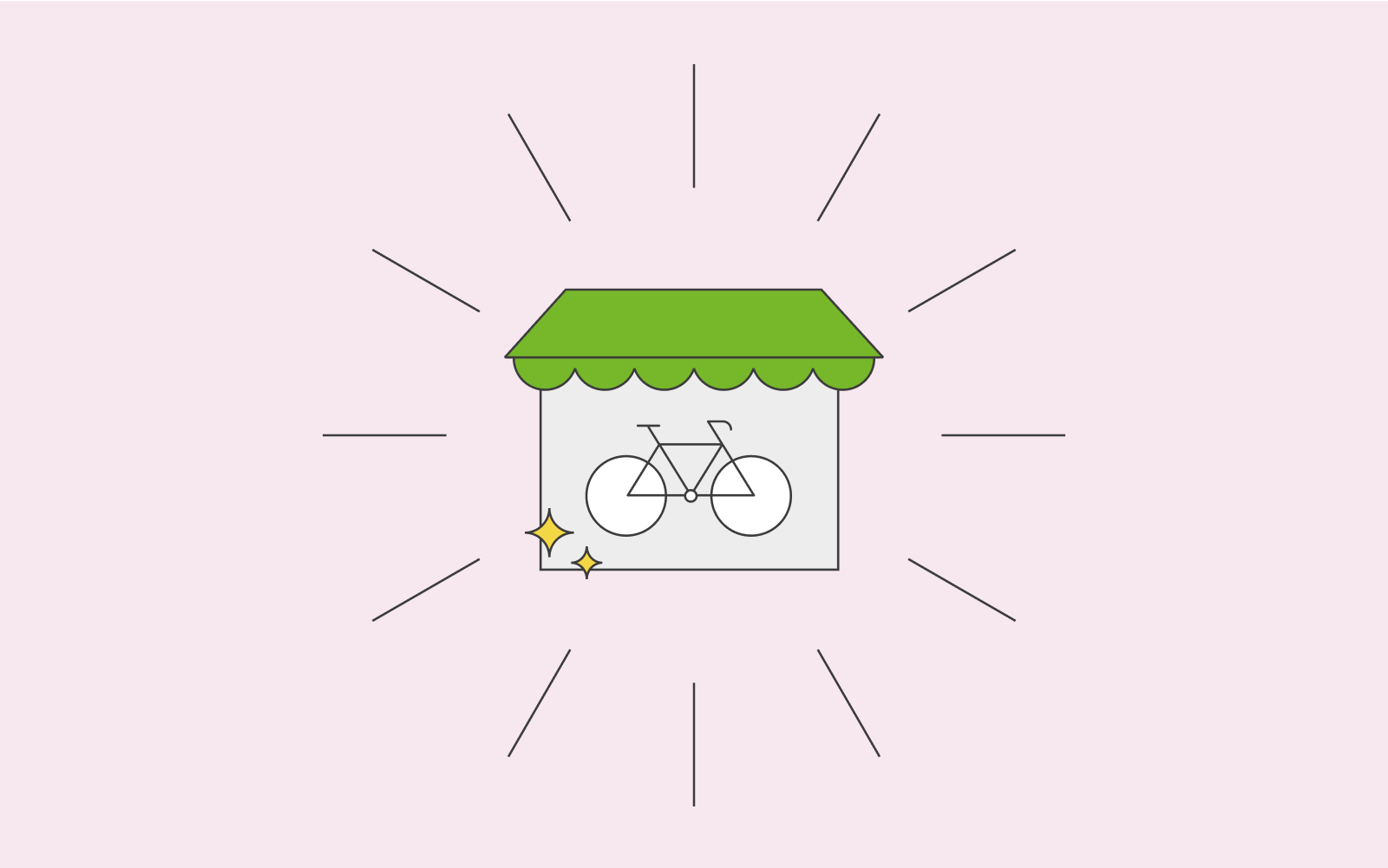
Upselling examples
Let’s say that you’re selling software that helps people translate words, sentences and even paragraphs into their preferred language. Your customers will typically sign a one-year contract and decide to renew it at the end of the year if they have been satisfied with your service. Of course, they might also choose a month to month subscription, but choosing a one-year contract is usually cheaper.
You can benefit from upselling if this example applies to you. When the customer is about to purchase a one-year subscription with you or has just bought it, you can contact them to tell them that they would benefit from a two-year subscription or a three-year subscription instead. Basically, you’re upselling them the product; you want to give them more for less.
Of course, if the customer is an existing customer and has been for a while, they already trust you and your business; it’s way easier than to trust in your offer and see it for what it is; a generous offer.
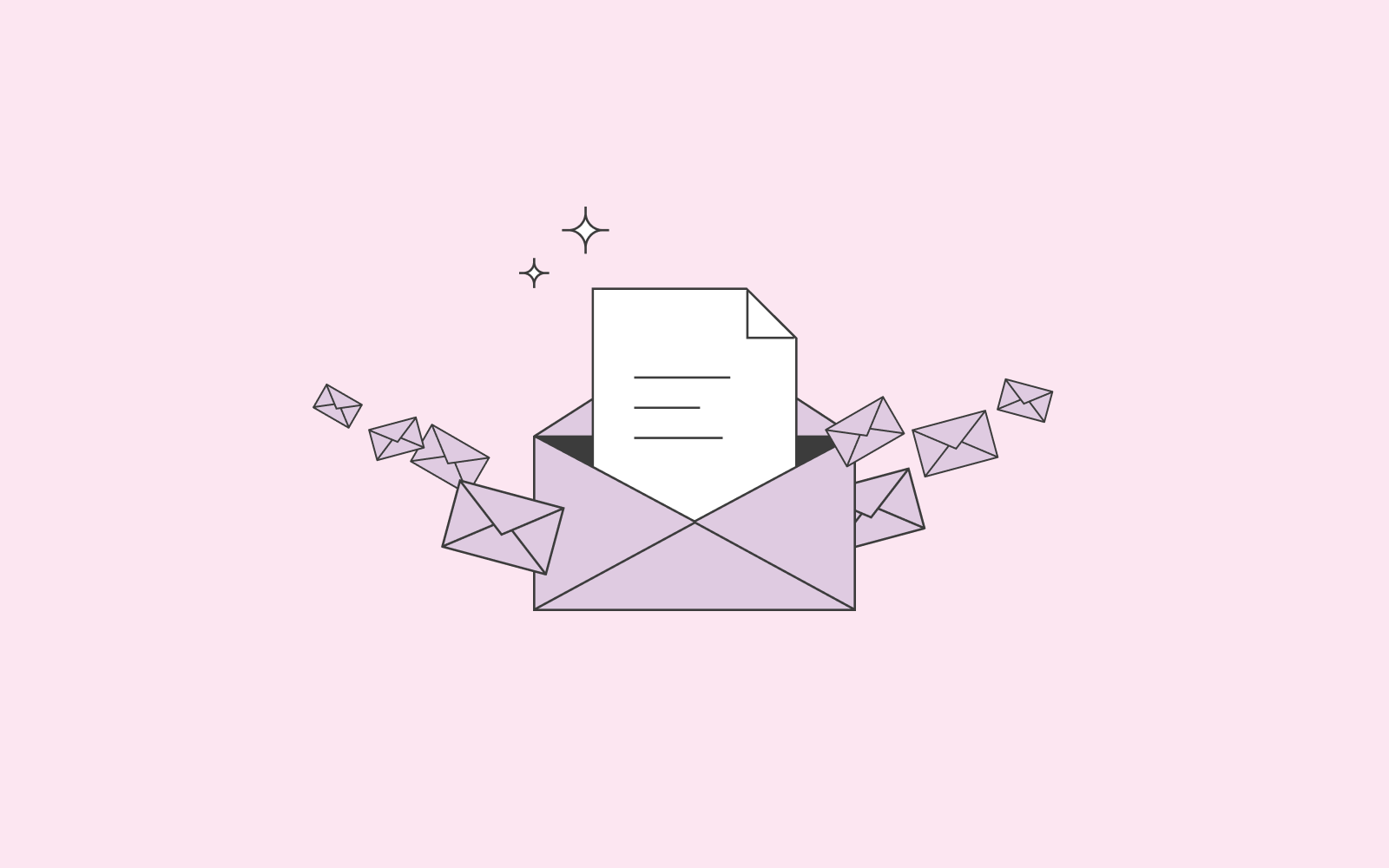
Another example of upselling is selling a new product/service instead of selling the same thing. For example, you can sell the customer a premium version of the software. If they’ve purchased and used your software for a while, you can contact them and entice them to buy a premium version of it, a version that offers more tools and features.
Another benefit of upselling is that you can invent new features and try to upsell these new features to your existing customers.
The same applies to products and not just software. For example, let’s say that you have a company that sells calendar notebooks. You sell these calendar notebooks in different sizes, shapes, and colours. Your customer might buy a small calendar, to begin with, and finds that the calendars you’re selling are made of good material. So it’s a great opportunity for you to try and sell your larger sized calendar to the same customer right before it’s time for them to buy a new calendar. You can entice them by informing them how much more space they can have in the larger sized calendar.
The benefits of upselling are endless. As long as you can find ways to upgrade your software or invent new features and products, you can always be upselling your customer. It’s a win-win situation for both the customer and for yourself.
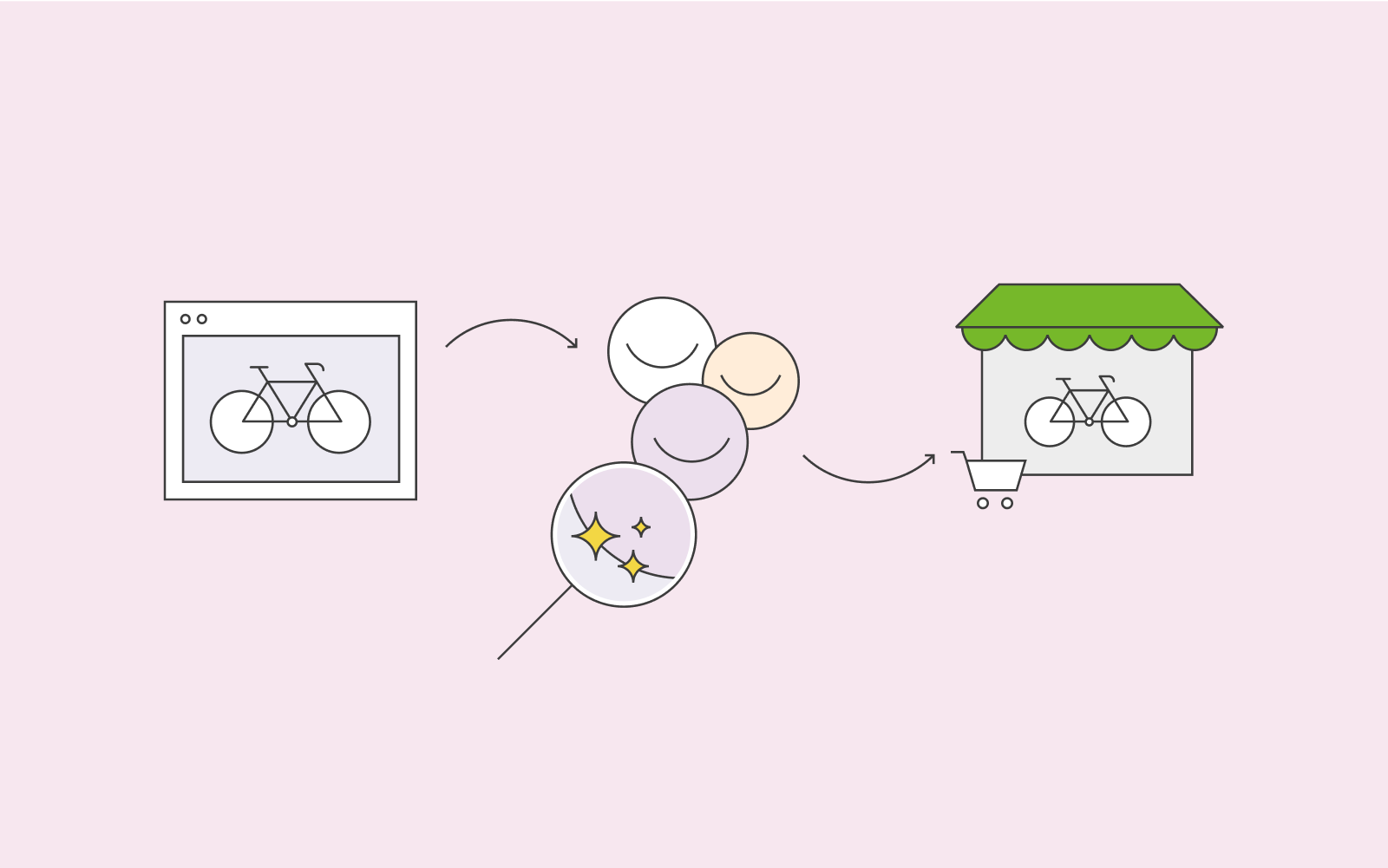
Upsell through the buyer’s journey
Keep in mind that there are certain aspects you must consider before upselling. First, a customer usually goes through a buyer’s journey. A buyer’s journey can start from the moment the customer begins researching your company to the moment they’ve purchased your product/service and have been using it for a while and are satisfied with it.
Consider the customer, put yourself in their shoes, and think about when the right time is to sell a new product/service to them or a more recent version. Give the customer some time to actually use your product/service before selling them new stuff. Try to establish a buyer’s journey for customers using your products and use that as an upsell marketing strategy. For example, at what point in your customer’s buyer’s journey will they need to upgrade to a premium version of the software you’re selling? Look for hints of where your customers are hitting blocks and need an upgraded version of your products/services or when they need the features you offer.
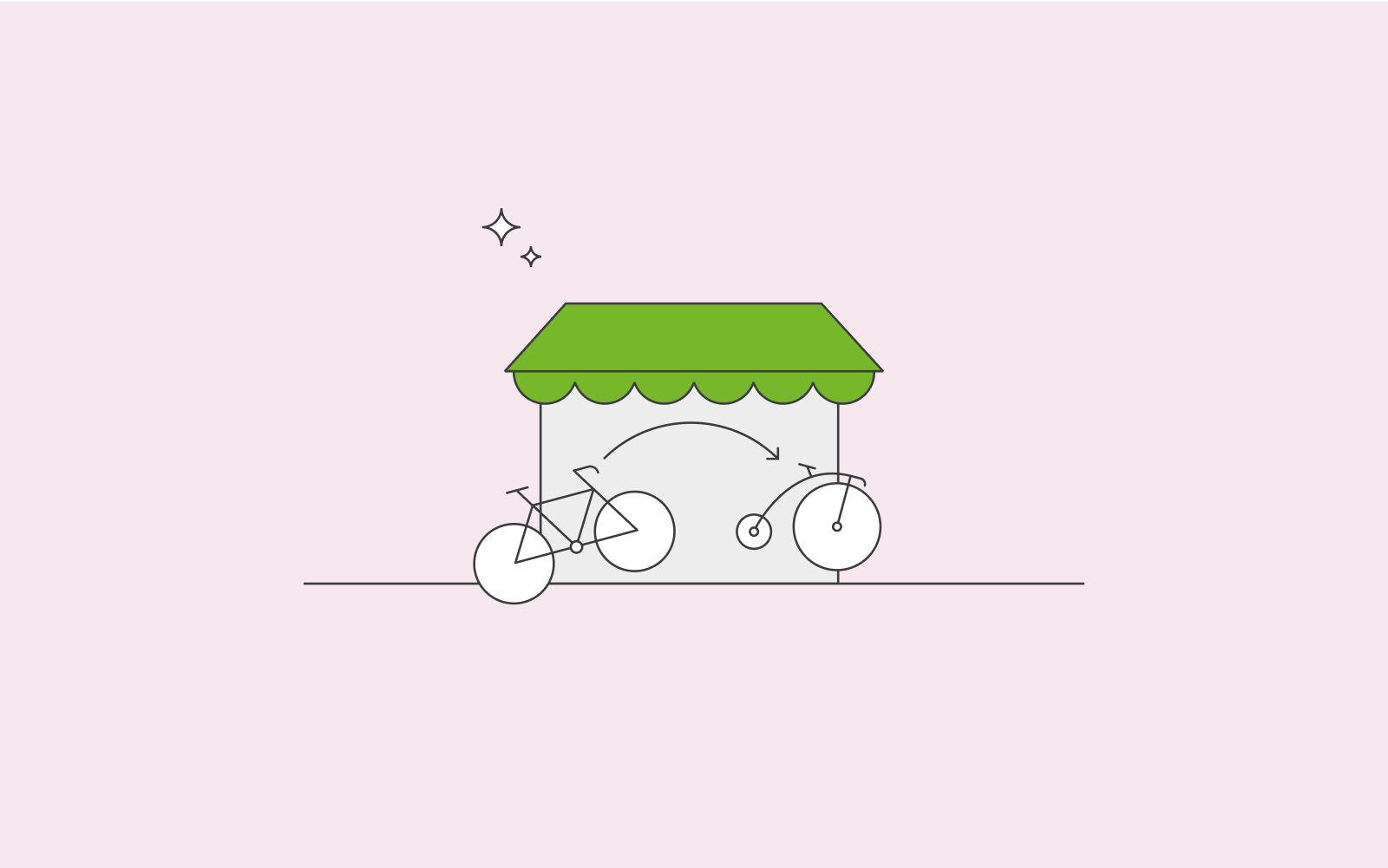
Upsell marketing strategy
As mentioned above, try to figure out the different types of personas buying your products/services and map out where they might hit a roadblock in their buyer’s journey.
Another way you can do it is once you have mapped out your personas and your buyer’s journey, you can try to look around various businesses that might benefit from your products/services. A great benefit of upselling is that you can contact people in charge (in various companies and industries) without them shutting you down immediately as they already know, own and use your product/service. You can try to explain how your product/service can help them erase their roadblock.
You can email them by congratulating them on something they’ve done.
Let’s return to our translation software example. You can email them something along the lines of: Congratulations on hitting 5,000 translated words.
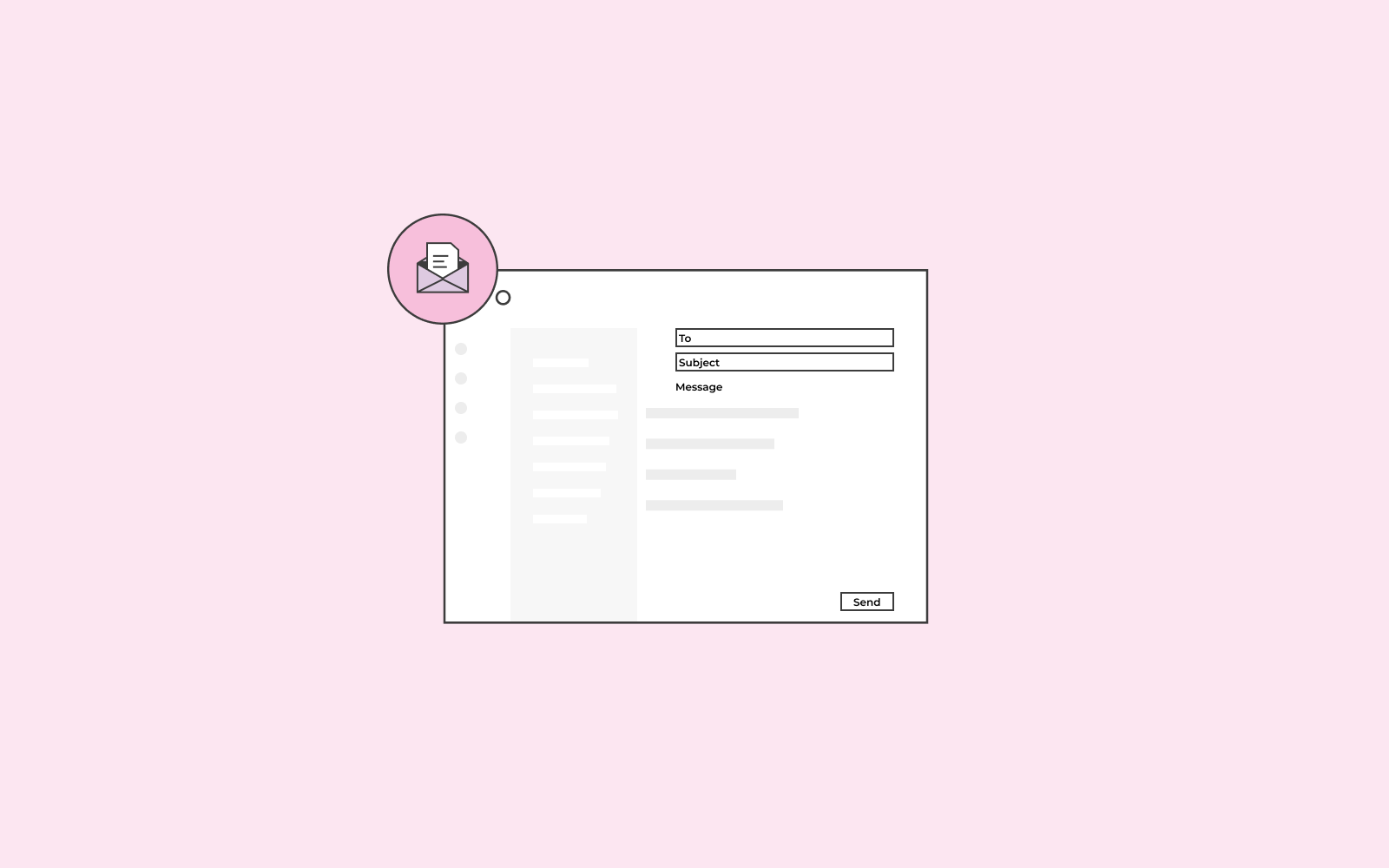
Of course, this only works if you have a product/software to see how much the customer has used your services. In the next paragraph, you can notify them of ways to work more efficiently and successfully by using an upgraded version or buying a new feature. If you have testimonials, it’s always a plus to add them in your email as proof of concept.
As previously mentioned, you have a much higher chance of getting someone to respond to your email if they’re already a customer as they already know your business and find you, hopefully, trustworthy. And hopefully, you’ll also have a much higher chance of selling them your products/services.
